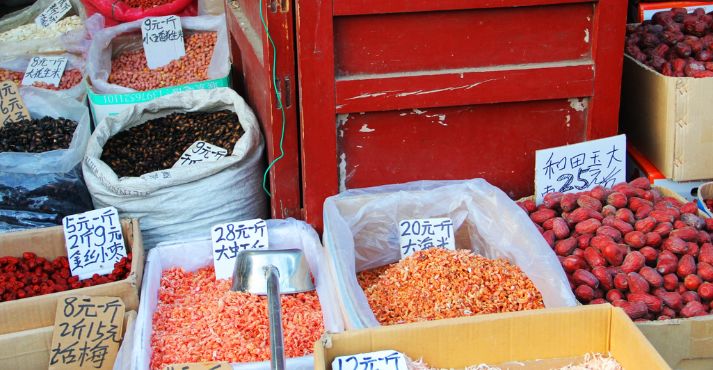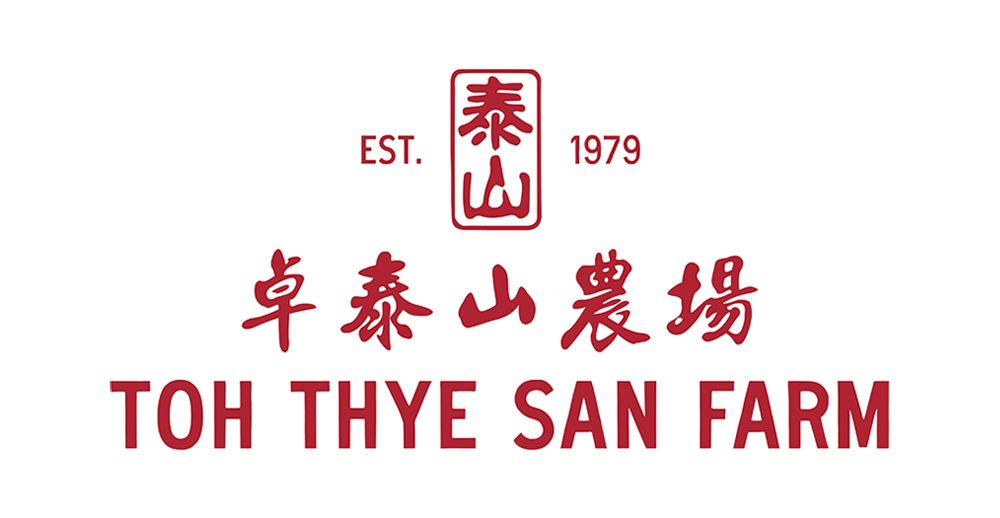The term “Food Importer” holds a significant place in culinary commerce. These unsung heroes play a vital role in the culinary supply chain, bridging diverse global flavors to local markets.
In this article, we will embark on an exploration of the crucial role that food importers occupy.
We’ll uncover their functions, such as importing food products and connecting international cuisines, and unravel their impact on the dynamic tapestry of the food industry, including local market distribution.
Understanding the Role of Food Importers
A food importer is a business entity responsible for sourcing and procuring food products from overseas locales. They aim to bring these products into local markets, facilitating distribution and eventual sale.
This article sheds light on how food importers function as dynamic conduits, enriching local food options by introducing international flavors.
As we uncover the intricacies of their role, we witness how these importers play a vital part in expanding culinary diversity and bolstering the supply of international products within local markets.
Bridging Global Cuisines

Food importers are crucial in breaking geographical boundaries and transporting international culinary experiences to local tables. According to a report by Singapore Food Agency, more than 90% of Singapore’s food is imported.
These adept professionals are culinary ambassadors, sourcing an eclectic array of products extending beyond borders.
They bring global flavors to local kitchens from unique ingredients to traditional delicacies.
By fostering cross-cultural culinary exchanges, food importers enhance the global palate, enriching our culinary tapestry and enabling us to savor the diverse tastes of the world.
Enabling Culinary Diversity
Step into the domain where food importers play a transformative role in enriching local culinary landscapes with a tapestry of flavors from around the globe.
They serve as gateways to authentic international tastes, allowing consumers to embark on a culinary journey without leaving their hometowns.
By ensuring a steady supply of diverse international food varieties, food importers cater to modern consumers’ ever-evolving palates and preferences. In this way, they contribute significantly to the vibrant mosaic of culinary experiences in our local markets.
The Functions of Food Importers
Sourcing and Procurement
Dive into the intricacies of the operations conducted by food importers, focusing on their core function of sourcing and procurement.
These adept entities are crucial in identifying reliable suppliers and negotiating deals for various food products skillfully.
Their expertise ensures a consistent and reliable stream of fresh and unique ingredients, regardless of the season.
Regulatory Compliance and Quality Assurance
Regulatory compliance and quality assurance play pivotal roles in the intricate process of food importing.
These aspects hold significant importance as food importers navigate complex regulations.
Their primary objective is to ensure that the products they bring into local markets meet and exceed food safety and quality standards. This stringent adherence is vital in upholding consumer health and building trust in the culinary supply chain.
Logistics and Distribution
The journey of imported food products extends beyond borders, involving intricate logistics managed by food importers.
These professionals undertake the responsibility of seamless transportation, efficient distribution by connecting with food distributors, and strategic storage to local markets.
Their expertise ensures that products remain fresh throughout the journey, minimizing delays and reaching consumers in prime condition.
Impact on the Food Industry
Culinary Enrichment
Food importers enrich the local culinary scene by introducing various global flavors, ingredients, and cooking techniques.
This infusion of diversity and innovation provides chefs and home cooks with exciting opportunities to experiment and create captivating dishes.
These imported ingredients serve as valuable additions to culinary options. They inspire chefs to craft menus that combine local traditions with exotic elements, resulting in a delightful blend of tastes.
This creativity enhances the dining experience and reflects the evolving nature of culinary art.
Food importers also inspire cooking enthusiasts at home. They encourage the exploration of new recipes incorporating imported ingredients, fostering a deeper appreciation for various cuisines and food cultures.
Engaging with global flavors broadens horizons and encourages a more comprehensive culinary understanding.
In essence, food importers act as sources of inspiration, propelling culinary professionals and enthusiasts into a journey of creativity and discovery.
Their contribution to the food industry lies in their consistent pursuit of culinary innovation and in providing diverse ingredients that enhance the culinary experience.
Meeting Consumer Demands
Food importers play a crucial role in meeting the evolving demands of consumers for diverse and authentic food options. They cater to the desires of individuals who seek to explore a wide range of flavors and cuisines beyond their local offerings.
By sourcing and importing products that might not be readily available in the local market, food importers bridge the gap between consumer demands and product accessibility.
This accessibility allows consumers to enjoy authentic ingredients that contribute to preparing traditional dishes from various parts of the world.
Accessing such diverse and authentic food options significantly contributes to customer satisfaction.
Consumers appreciate having the opportunity to experiment with unique ingredients and flavors, enhancing their culinary experiences. This satisfaction, in turn, builds loyalty towards the food brands and businesses that bring these products to their tables.
Their role in meeting consumer demands strengthens relationships between businesses and customers while ensuring that food enthusiasts can savor various flavors and cuisines.
Fostering Cultural Exchange
Food importers are pivotal in fostering cultural exchange by introducing international foods to local markets.
Through their efforts, consumers can embark on a culinary journey that transcends geographical boundaries and explores the rich tapestry of global gastronomy.
These importers bring the world’s diverse culinary traditions directly to consumers’ tables, allowing them to experience the authentic flavors and ingredients that define different cultures.
As a result, individuals can immerse themselves in various countries’ culinary heritage without leaving their communities.
By offering products that capture the essence of different cultures, food importers create cross-cultural connections within local markets. Consumers can broaden their culinary horizons and better appreciate the global mosaic of flavors that enrich their dining experiences.
This adds a new dimension to their meals and fosters a sense of unity and understanding among diverse communities.
By introducing international foods, they create a space for cultural exchange that celebrates diversity and encourages an exploration of the world’s culinary treasures.
Conclusion
In conclusion, food importers are vital bridges connecting the world’s diverse flavors to local markets, playing a crucial role in shaping the culinary landscape.
Through their intricate processes and unwavering dedication, they contribute to culinary diversity, enrich consumer experiences, and foster cultural exchange.






























